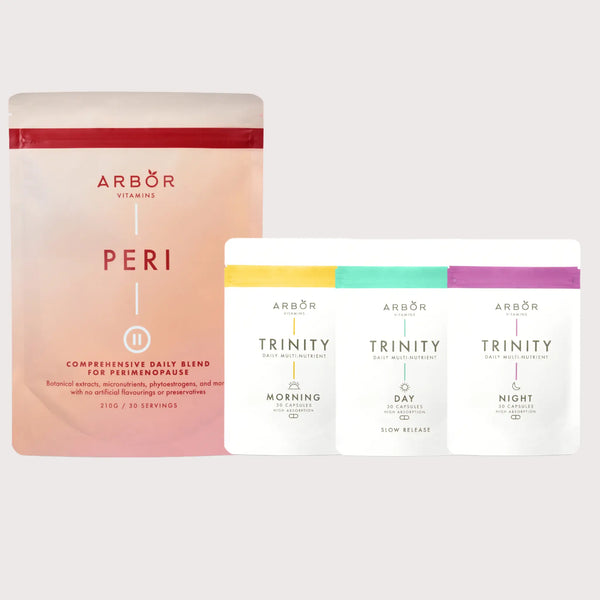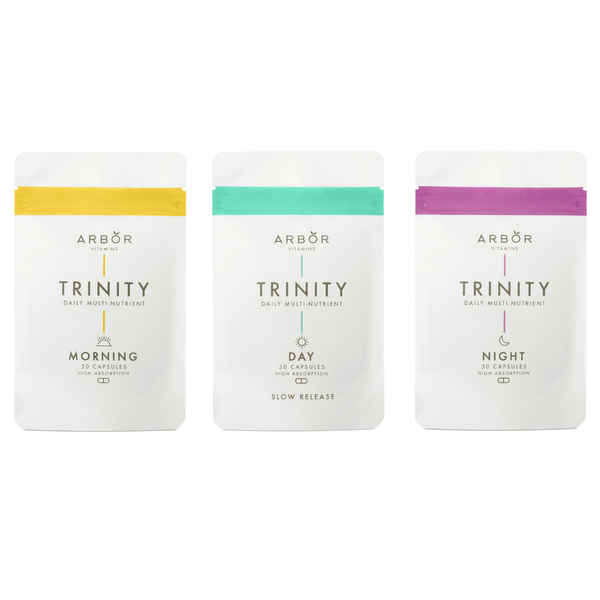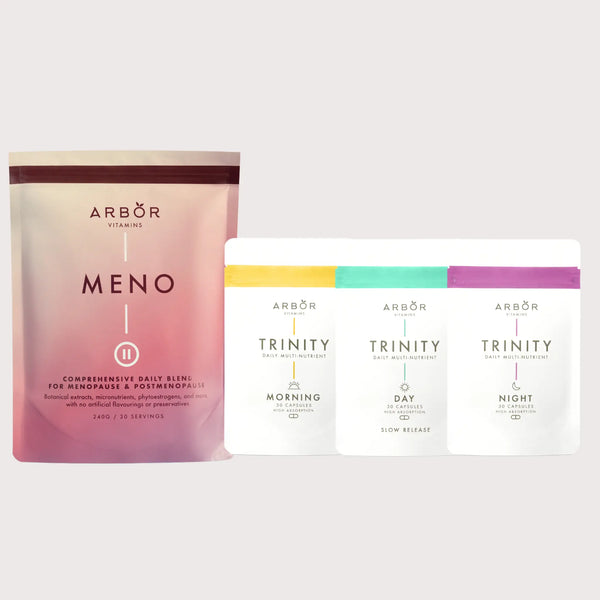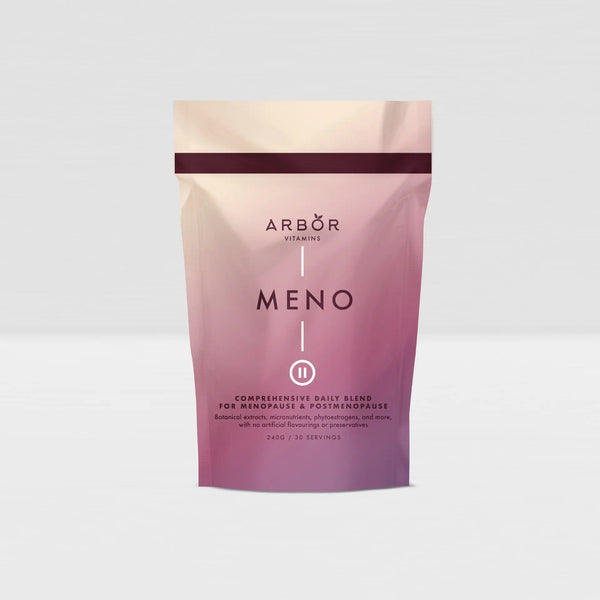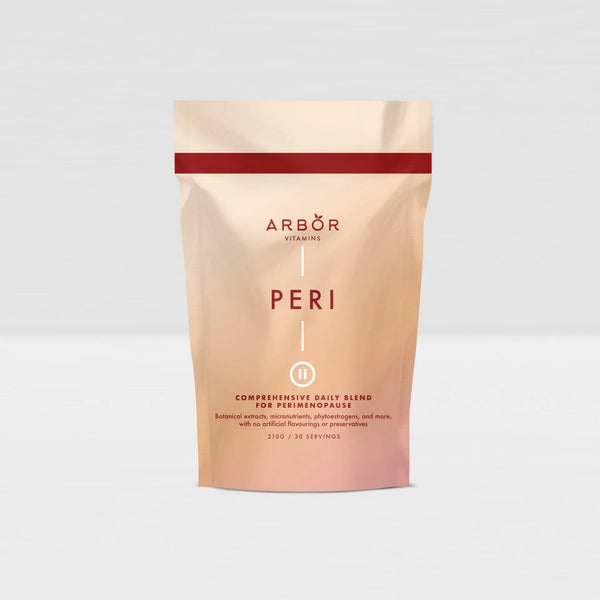Healthiest Cooking Oils: Benefits, Risks & How to Choose the Right One
Healthiest Cooking oils: not just kitchen staples—they’re critical components of our diet that influence heart health, inflammation, cholesterol levels, and even nutrient absorption. With a wide variety of oils available, understanding their unique properties can help you make healthier choices tailored to your lifestyle.
🧬 Understanding Fatty Acids: The Basics
Every oil is made up of a combination of:
-
Saturated fats (SFA) – typically solid at room temp; stable, but can raise LDL
-
Monounsaturated fats (MUFA) – heart-healthy and found in olive and avocado oils
-
Polyunsaturated fats (PUFA) – include omega-3 and omega-6; essential but need balance
Knowing the type of fats in your oil is the first step toward choosing the right one.
🫒 Olive Oil – Rich in Heart-Healthy MUFAs

Benefits:
Extra virgin olive oil (EVOO) is packed with antioxidants and anti-inflammatory compounds. It’s strongly associated with improved cholesterol profiles and reduced cardiovascular risk.
Risks:
Its moderate smoke point (about 375°F) makes it less ideal for high-heat cooking.
👉 Tip: Use EVOO for salad dressings or low to medium heat sautéing.
💚 Support your health further with our TRINITY Formula.
🌾 Canola (Rapeseed) Oil – Versatile with a Good Omega-3 Ratio

Benefits:
High in MUFAs and PUFAs, including alpha-linolenic acid (omega-3). It has a high smoke point and is good for general cooking.
Risks:
Often highly refined and genetically modified—look for organic or cold-pressed versions.
🥥 Coconut Oil – Popular but Controversial

Benefits:
Contains medium-chain triglycerides (MCTs) that are rapidly used for energy. May increase HDL (“good”) cholesterol.
Risks:
High in saturated fat, which can also raise LDL (“bad”) cholesterol. Use sparingly and mindfully.
🌱 Flaxseed Oil – Plant-Based Omega-3 Power

Benefits:
A rich vegetarian source of ALA (an omega-3 fatty acid), great for reducing inflammation.
Risks:
Extremely heat-sensitive—best used cold in smoothies or salads.
💡 Want to learn about our vegan friendly Perimenopause and Menopause blends PERI and MENO
🌻 Sunflower & Safflower Oils – Light but Omega-6 Heavy

Benefits:
Neutral flavor and high in vitamin E.
Risks:
High omega-6 content can lead to imbalanced omega-6:omega-3 ratios, potentially promoting inflammation. Use in moderation.
🥑 Avocado Oil – Nutrient-Dense & High Smoke Point

Benefits:
Rich in MUFAs and antioxidants like lutein. One of the highest smoke points (~520°F), making it ideal for searing and roasting.
Risks:
Purity and quality vary—opt for cold-pressed or unrefined options.
🌴 Palm Oil – Long Shelf Life, but at a Cost

Benefits:
Stable at high temperatures and resistant to oxidation.
Risks:
Raises LDL cholesterol and contributes to deforestation and habitat loss. Consider more sustainable alternatives.
🍇 Grapeseed Oil – Antioxidant-Rich, but High in Omega-6

Benefits:
Contains vitamin E and resveratrol.
Risks:
High omega-6 levels may lead to inflammation if not balanced with omega-3s.
💬 Balance matters—try our functional mushroom blends MYCO Morning and MYCO Night .
🌾 Sesame Oil – Aromatic and Antioxidant-Packed

Benefits:
Contains sesamol and sesamin—natural antioxidants with anti-inflammatory effects.
Risks:
Moderate smoke point, better for finishing dishes or stir-fries than deep-frying.
🧠 Final Thoughts: Choose Your Oils Wisely
No single oil is perfect. The best approach is a balanced rotation based on:
-
Your cooking method (e.g., cold uses vs. high heat)
-
Your dietary needs (omega-3 support, low saturated fat, etc.)
-
Quality (cold-pressed, unrefined, organic options when possible)
Be mindful of omega-6 to omega-3 ratios and aim to reduce refined oils in favor of minimally processed ones.
🥄 Want to support your wellness from the inside out? Browse our full range of science driven supplements here.


